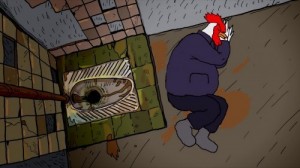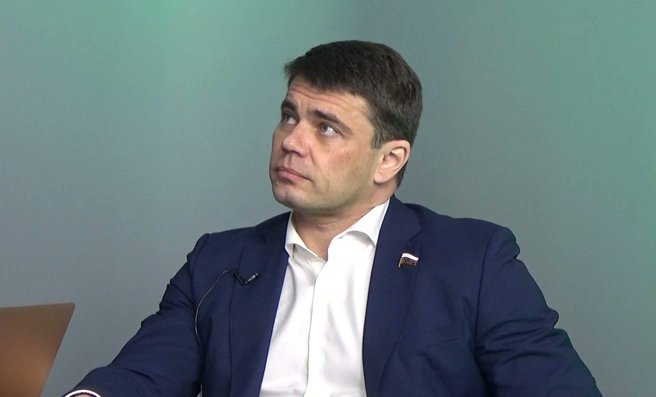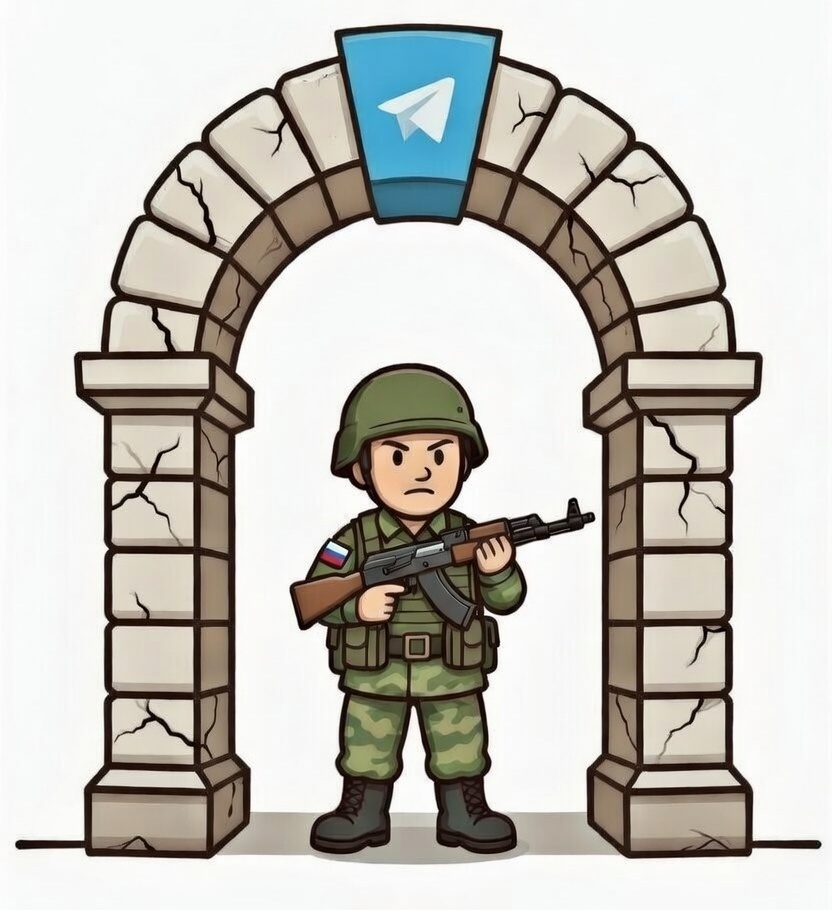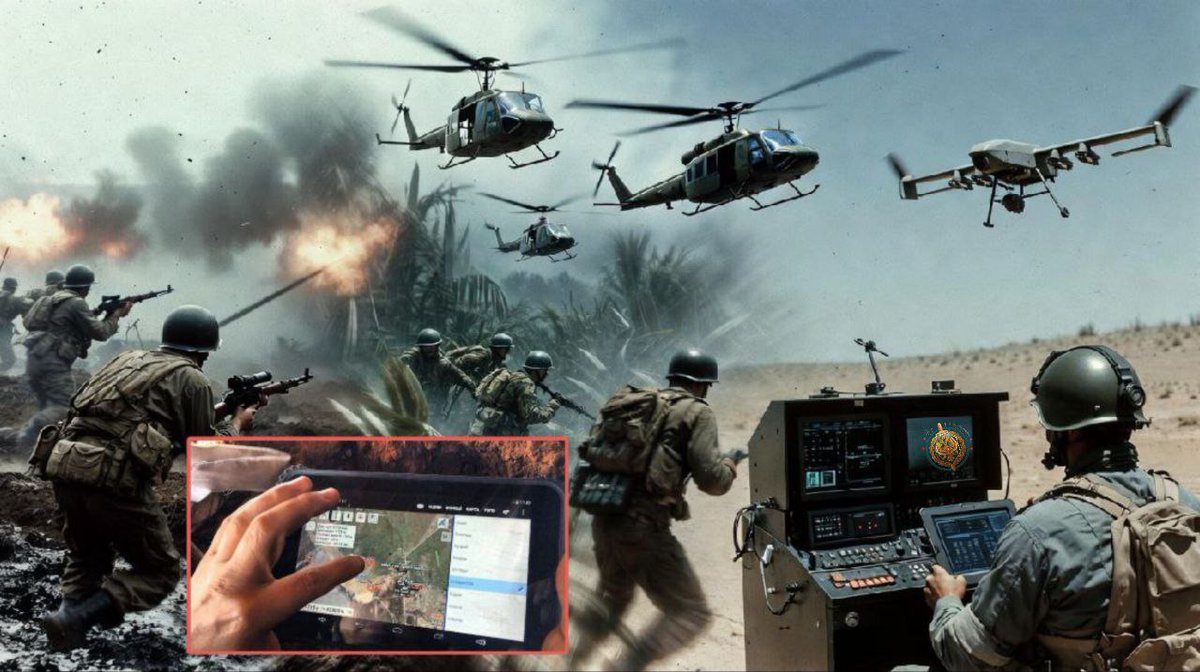1/ The Russian Ministry of Defence is reportedly coercing convicts to join the Russian army by threatening them with being incarcerated alongside men who are available to be raped, regarded as untouchables in Russian prison culture. ⬇️ 

2/ Russia's prisons operate a brutal caste system based on a sexual hierarchy, where some prisoners are treated as available to be raped by anyone. These men are known as the "cocks", "offended", "lowered", "forced" or "crests", and are made to sleep next to the toilets. 

3/ Importantly, "cock" status is treated as being contagious. They are literally untouchable: interacting with "cocks", sharing their food, touching them or their possessions (unless you are raping them) is regarded as being enough to make you a "cock" as well.
4/ The Wagner Group's head Yevgeny Prigozhin (a former convict himself) has explained this distinction and established a separate "cock division" within Wagner for convicts who can't interact with other convicts.
https://twitter.com/ChrisO_wiki/status/1593042478235807744
5/ However, according to the VChK-OGPU Telegram channel, the Russian MOD is exploiting this untouchability to force non-cock prisoners to sign up for mlitary service. The channel explains:
6/ "First, the inmates are persuaded by ex-convicts who allegedly survived the war, and then they are threatened, even to the point of joining detachments with the "offended".
7/ "According to our source, a certain brigade is “touring” in various Russian prison colonies, the members of which are represented as prisoners who were allegedly recruited into the Wagner PMC, went through the war and were released.
8/ "The 'Zeks' describe how long they had to serve in prison, but thanks to the war they are already free and have money. After this, the convicts are offered not to sign up in the Wagner PMC, but as contract employees of the Ministry of Defence.
9/ "However, according to the source, there are very few people willing to volunteer, since everyone knows that it is virtually impossible to return from the war. The administrative resource is used to its maximum capacity.
10/ "For example, in Tula Region's penal colony No. 1, the prisoners are strongly advised to go to war, fearing that they will soon begin to “turn up the regime” there and it will finally be “red” [i.e. become a 'strict regime', with far tougher conditions].
11/ "At the same time, ordinary prisoners are allegedly being forcibly mixed in with the "offended", who are now being held separately. They threaten in the colony that those who want to avoid this need to sign contracts with the Ministry of Defence."
12/ This follows earlier reports that Wagner has been barred from recruiting prisoners, which was in any case resulting in far fewer volunteers due to news of their catastrophic losses reaching Russia's prisons.
13/ The Russian MOD has reportedly sought to create penal battalions for prisoners, but with voluntary enlistment. It's likely that the results have been disappointing, leading to a change to a more coercive approach.
https://twitter.com/ChrisO_wiki/status/1623761523419086849
Source:
t.me/vchkogpu/37243
t.me/vchkogpu/37243
• • •
Missing some Tweet in this thread? You can try to
force a refresh







